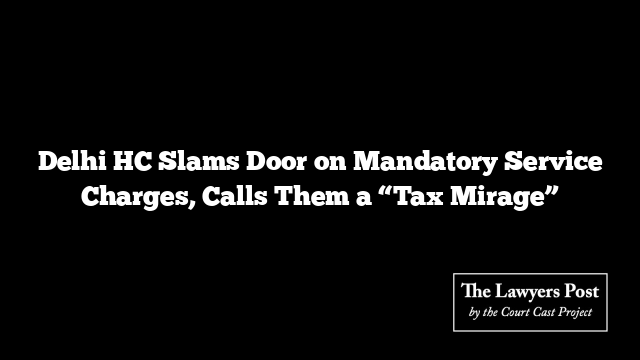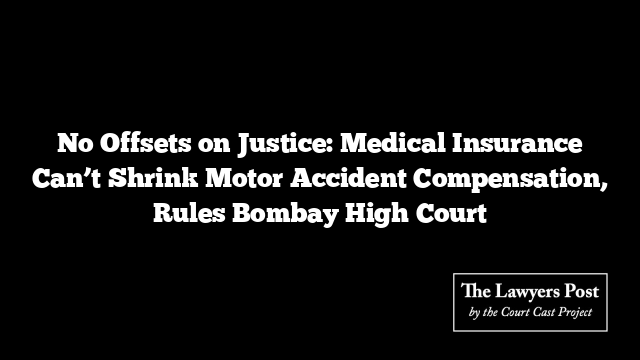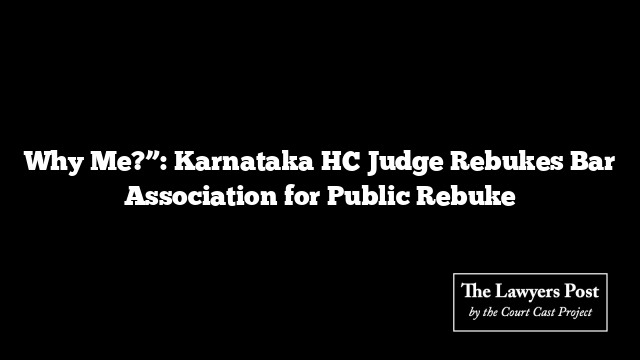In a judgment that strikes a blow against sneaky billing tactics, the Delhi High Court has made it crystal clear: slapping a “service charge” onto your food bill is not just annoying—it’s legally out of line.
The Court minced no words in calling out restaurants for misleading customers into thinking that these charges are official government levies. Why? Because the term “service charge” carries an air of authority it simply doesn’t deserve. Only the state has the power to tax, the Court emphasized—and eateries dressing up their tips in tax-like language are crossing the line.
Delivering the ruling, the Court firmly outlawed the practice of auto-including service charges in bills. It also backed the Central Consumer Protection Authority’s (CCPA) 2022 guidelines, which had already warned restaurants to stop this coercive billing stunt.
No More “It’s Always Been This Way” Excuses
Restaurant groups had argued that mandatory service charges were a longstanding norm, even part of wage arrangements. But the Court called their bluff—finding zero evidence that the money actually made it to the workers it was supposedly for.
Worse, the Court said, customers had no idea what they were even paying for. Bills showed cryptic entries like “S.CHARGE” and “SRVCGH,” deliberately vague enough to resemble legitimate taxes.
Ten Key Punches from the Verdict:
- Not a Tip Jar: If it’s not voluntary, it’s not a tip. Mandatory service charges are off the table—literally.
- No Legal Backing: Just because something’s been done for decades doesn’t mean it’s legal. Age isn’t a defense.
- Consumer Rights Come First: Forcing diners to pay extra under the guise of an implied contract? The Court wasn’t buying it.
- Misleading Language Banned: Calling it a “service charge” makes it sound like a tax. It’s not. Use terms like “voluntary staff contribution” instead, the Court said.
- CCPA Stands Tall: The CCPA’s powers are no joke. Its guidelines are binding, not just polite suggestions.
- No Default Add-Ons: Bills can’t sneak in charges. If a customer wants to tip, let them—don’t assume they will.
- No Rights Violation for Restaurants: The Court rejected claims that the guidelines infringe on the right to do business. Protecting consumers is fair game.
- Unfair Trade Practice: Automatically charging customers without consent is deceptive and violates the Consumer Protection Act.
- Contractual Nonsense Thrown Out: The argument that walking into a restaurant equals agreeing to extra charges? Legally untenable.
- Petitions Dismissed—with a Price Tag: Both the NRAI and FHRAI walked away with their writ petitions tossed—and a ₹1 lakh fine each, payable to the CCPA.
Bottom line? If you’re dining out in Delhi, your bill just got a little more honest. And restaurants now have to earn their tip the old-fashioned way—by actually earning it.





